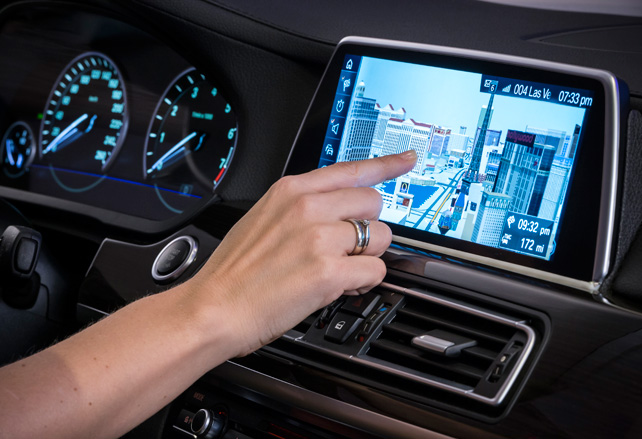As technology reign supreme in many areas, the rise of the technology giants are slowly creeping into areas where they have never been in. One such example is in cars and unlike other manufacturers, BMW has been trying to fend them off by trying not to let go of control of the in car experience. At the moment, BMW offers Apple’s CarPlay as an option for their customers and they don’t offer Android Auto. BMW still wants to be in charge of the in-car customer experience.
In order to stay relevant, BMW has been utilising Microsoft’s Azure Cloud services in US, Europe and China as part of their connected car strategy. BMW has also been known to use Amazon’s Web Services but that use hasn’t been made completely known whether it is just for development and testing or a full production system. The choice for Azure seems straightforward due to Azure having two data centres in China which is one of BMW’s largest customer base.
 BMW uses the cloud to send information through to the cars as well as an avenue to collect data. As more technology is added to cars, more data is required as well as data is sent to the servers. Some data are obtained through various partnerships together with some firms such as Weather.com and Twillio.
BMW uses the cloud to send information through to the cars as well as an avenue to collect data. As more technology is added to cars, more data is required as well as data is sent to the servers. Some data are obtained through various partnerships together with some firms such as Weather.com and Twillio.
The interesting bit of change is that how software is currently deployed in various stages. As BMW acquired software teams from Nokia around the world, the team works at a quick pace with terms such as forever beta or minimum viable products, this is a new learning curve for the premium auto manufacturer.
Still, BMW isn’t completely putting all their eggs into the Azure basket as they also previously signed a partnership with IBM to run their Bluemix Cloud platform as well. The partnership is looking to collate the connected data it receives from BMW vehicles as well as a mix with other 3rd party vendors.
You can now use the BMW Connected app with the later 2014 models from BMW.
Follow us on Instagram, Facebook, Twitter or Telegram for more updates and breaking news.



